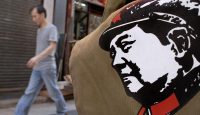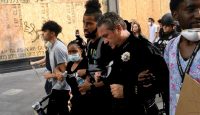
Facing reality is painful for the US and its allies
Sir Simon Fraser
The outcome in Afghanistan should not have been a surprise, even if the way it happened was a shock. For foreign policy in general, and foreign military interventions in particular, it is essential to be clear about goals and the capacity to deliver. In Afghanistan, the US and its allies have fallen short on both these counts.
This is a serious reversal for the US and its closest allies, but not a strategic disaster. The threat from Islamist terror will increase, but its significance is sometimes exaggerated and, to some extent, can be addressed by other means.… Seguir leyendo »
















